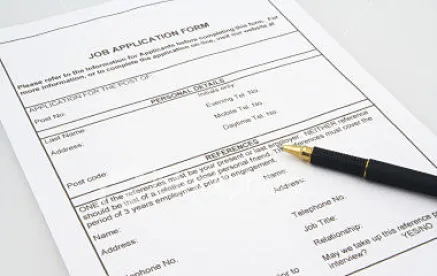If you were previously convicted of a crime and served your time, this will show up on your criminal record. Most employers require each job applicant undergo a criminal record check, which can mean the difference between securing a new job and losing the position to a competitor. One way to prevent this issue is to have the conviction removed from your criminal record through a process called expungement. While the law in Pennsylvania makes it difficult for individuals to have a past crime removed from their record, in some cases, it is possible.
Currently, Pennsylvania permits the expungement of misdemeanors or felonies where:
-
The individual is 70 years of age and has been free of arrest or prosecution for 10 years following their final release from confinement or supervision; or
-
The individual has been dead for 3 years; or
-
The individual was convicted of a summary offense and has been free of arrest or prosecution for 5 years following the conviction.
If you do not fall into one of the categories above, you can request a pardon from the Board of Pardons to have the conviction removed from your record. This is a three-year process that is completed in multiple stages. Once an application is submitted to the Board, it will be filed in approximately two to three months. Two years after the application is filed, the individual will be interviewed by a state parole agent.
Thereafter, the Board will review the application and decide whether to grant a hearing. If a hearing is granted, then the individual must appear before the Board in Harrisburg, Pennsylvania. These hearings are open to the public. At the end of the hearing session, the Board votes on the application. If the Board recommends that the individual receive a pardon, then the recommendation is sent to the Governor. The Governor makes the final decision on whether to grant the pardon. If a pardon is granted, then the individual must file for an expungement with the appropriate court in order to have their record cleared.
Good news may be coming soon for some offenders in Pennsylvania. State legislators are taking a positive step forward to expand the current law to permit expungement of second and third degree misdemeanor convictions with Senate Bill 166. The Bill, which was introduced to the State Senate in January 2016, would give those convicted of low-level misdemeanors an opportunity to join the workforce unfettered by their past offense.
The proposed law would allow for the expungement of offenses where the individual has had no arrests or convictions for 7 to10 years, depending on the type of conviction. The passage of this bill would be beneficial to the Commonwealth and its residents as it would remove the stigma of a past conviction and permit former offenders to more easily join the workforce and contribute to society.



 />i
/>i

